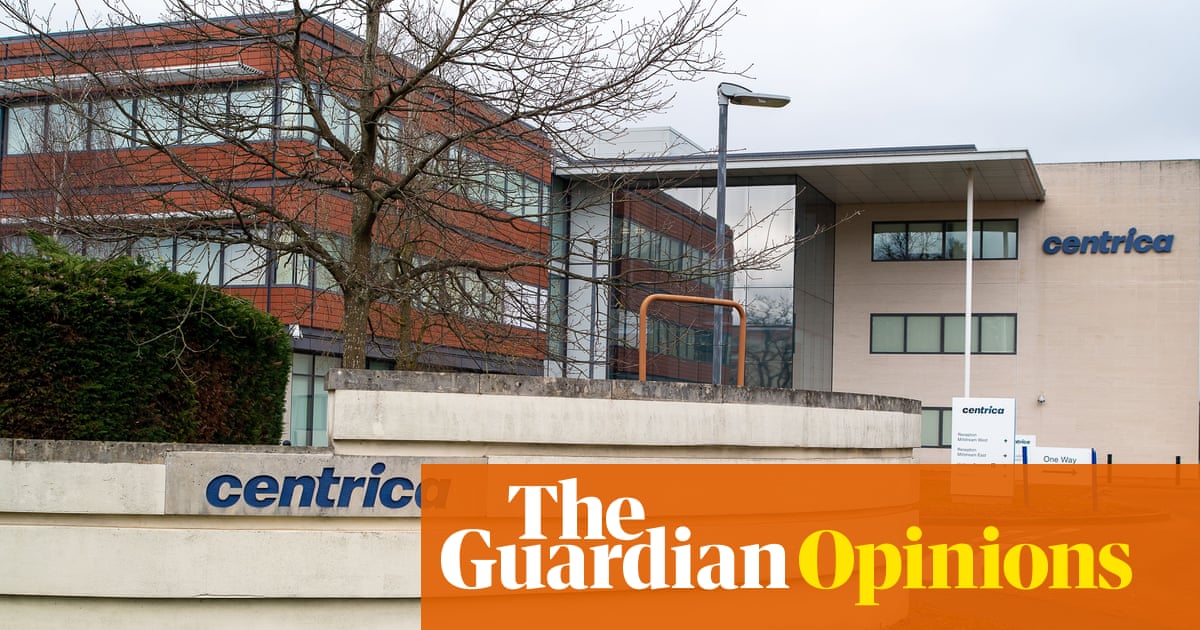
As a young police constable, I had to face an armed suspect in a cafe. Equipped only with a truncheon, I stared at the gunman as he aimed his weapon at me and pulled the trigger point-blank at my head. The gun jammed; I was saved from death, but not from recurrent nightmares. Whether because of this experience or in spite of it, I became, during my 30-year police career, a gold firearms commander and oversaw more than 200 operations, which included officers being shot, hostage situations and high-speed firearms chases. I came to respect the power of firearms, but to firmly believe that this is a power that needs to be reserved for the right hands with stringent checks and balances.
How Jake Davison, the 22-year-old man who shot dead five people in Plymouth, came to have a firearms certificate, and how that certificate was reinstated after it had been suspended after allegations of assault, will be the subject of detailed investigations. But a much more wide-ranging debate is needed about how guns should be regulated, how we enforce regulations and whether the postcode lottery of the present system is fit for purpose.
In the past, mass shootings at Hungerford in 1987, Dunblane in 1996 and Cumbria in 2010 have helped to overcome opposition to gun control. The Dunblane massacre, where a gunman killed 16 primary-school children and their teacher shocked the country into introducing some the strongest gun control laws in the world and banning handguns. This was the right action and was widely supported, though in February 1997 it did not stop Boris Johnson, then a newspaper columnist, comparing the banning of handguns to “nanny confiscating toys” or “one of those vast Indian programmes of compulsory vasectomy”.
But despite the comparative strength of the country’s gun laws, loopholes exist. In the UK, the Home Office delegates the power to grant gun licences to individual police forces across the country. General guidance is offered on the kind of checks to be carried out, but each force takes a slightly different approach. Some require the approval of a GP; some require thorough social media checks.
This lack of standardisation means that – like all areas of policing – the quality of licensing checks is determined by the budgets and staffing of the patchwork of forces that covers the country. Since 2010, police numbers have fallen by 20,000, and despite pledges for new officers – which at best will simply restore those cut by previous Tory administrations – analysts still suggest policing requires an extra £3.5bn on top of what has been promised.
Laws are effective, but they are never going to stop gun crime completely: the enforcement and implementation of those laws are just as important. The police need to have the resources to conduct proper, effective checks on individuals who seek a gun licence, and work on a basis of default refusal – that is, to require compelling reasons why a licence should be granted, rather than have to provide evidence why it shouldn’t.
We must also keep a closer eye on the rigour of GP assessments that a growing number of forces rely on. The British Association of Shooting and Conservation (BASC), in an article on its website, offers a route that could weaken even the questionable effectiveness of this check.
“We have identified individual BASC members who are doctors and willing to provide verification to medical declarations. If a member experiences a problem obtaining medical verification, or their GP demands an exorbitant fee, they can contact the BASC firearms team. Following this, details of GPs willing to assist will be provided to the member,” the website reads. This cannot be right, and more guidance is needed by GPs for the assessment of who is and is not fit to own a firearm.
Regulating guns and keeping them only in the right hands is an onerous responsibility for the police, and one that needs to be undertaken as more than a simple administrative procedure. It requires adequate funding, clear and rigorous checks standardised across forces, and more comprehensive medical background checks.
I remember to this day seeing that gun pointed at me. I want as few people to experience that as is possible. The tragic events in Plymouth demonstrate firearms access must be limited to the few to protect the many.
Dal Babu is a former chief superintendent in the Metropolitan police











